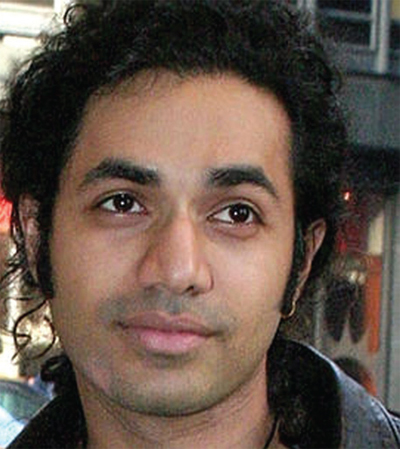
NEW YORK (TIP): New York City’s highschool graduation rate dipped slightly in 2012 for the second consecutive year to 60.4% as it became tougher to qualify for a diploma, according to state data released Monday, June 17, says a Wall Journal report. The data released Monday showed that the New York City graduation rate has plateaued over the past two years, after making big gains since June 2005 when 46.5% of students graduated on time.
For Mayor Michael Bloomberg, the announcement of the graduation rates represented a moment to reflect on education’s place in his legacy, after nearly 12 years of attempts to impose widespread changes on the public-school system. The graduation rate has been one of the clearest signs of success for Mr. Bloomberg’s policies. State and national test scores have been less consistently positive. At a news conference, the mayor cited what he said were several other education success stories during his tenure: better teacher-recruitment and retention rates, holding educators accountable through school closures, increasing city funding for schools and creating a plethora of schools for students and parents to choose from.
“The bottom line is our schools are in better shape than they’ve ever been,” Mr. Bloomberg said. “We’ll continue to work to improve our schools with every remaining day we have in City Hall.” Several candidates to succeed Mr. Bloomberg have disagreed, saying students have been hurt by policies such as closing schools that post poor results, allowing class sizes to increase and emphasizing test scores. The 2012 graduation rates were no exception.
“The Bloomberg approach of teaching to the test is not working,” said former city Comptroller Bill Thompson, a Democrat. “As mayor, I will provide the leadership for a different approach-one that supports our teachers, emphasizes critical thinking skills rather than rote learning.” Asked about the changes that could come under the next mayor, Mr. Bloomberg asked why “any rational person” would want to switch course. “If any of the candidates want to shill for the teachers’ union, talk to them, not us,” he said.
“The next administration has to do more of this. We would just become the laughing-stock of the country if you were to roll back everything that has worked so well.” The seniors who graduated on time in June 2012 were the first class to be held to higher diploma standards: They were required to pass five Regents exams with a score of 65 or better, and the state had begun to require stricter grading controls to prevent score inflation.
The state Board of Regents, which is appointed by the state Legislature and sets education policy, phased out what was called a “local diploma” for students with lower Regents test scores. The city’s graduation rate continued to lag far behind the statewide rate of 74%, a number that stayed flat from 2011. Graduation rates in some of the state’s other large cities fell far behind New York City’s. Notably, Buffalo’s has swung dramatically over the past four years, to a low of 46.8% this year from a high of 54% last year.
Michael Mulgrew, the president of the United Federation of Teachers, criticized the Bloomberg administration for reorganizing the school system several times and for “relentless test prep.” The rate of students still learning English who graduated in four years by June fell to 35.4% in 2012 from 39.4% in 2011, according to city data. City officials said they should do a better job addressing the needs of students who don’t speak English as their first language, and pointed to those students as ones in particular who struggled with the new requirements.




Be the first to comment